In early February of this year, Tropical Cyclone Freddy began to collect moisture and strength as it made its way from the Indian Ocean towards East Africa. The storm officially received a name on February 6th. Freddy made landfall in Madagascar on the 21st and crossed the Mozambique Channel and hit the mainland on the 24th. The storm then did the unthinkable and reversed course, heading back out over the ocean. Even though it had lost some power as it passed twice over the Mozambican terrain, instead of dissipating over the channel Freddy gained strength as it sat over the warm waters. It then turned back towards Africa.
The storm slowed as it crossed over land again, but still gained strength over and over again. Because of its slow pace, Freddy dropped torrential amounts of rainfall all along its path. Freddy’s strong winds and heavy rains reached the border of Malawi on March 11th, bringing devastating floods and mudslides to its southern region.
August 21st, 2023


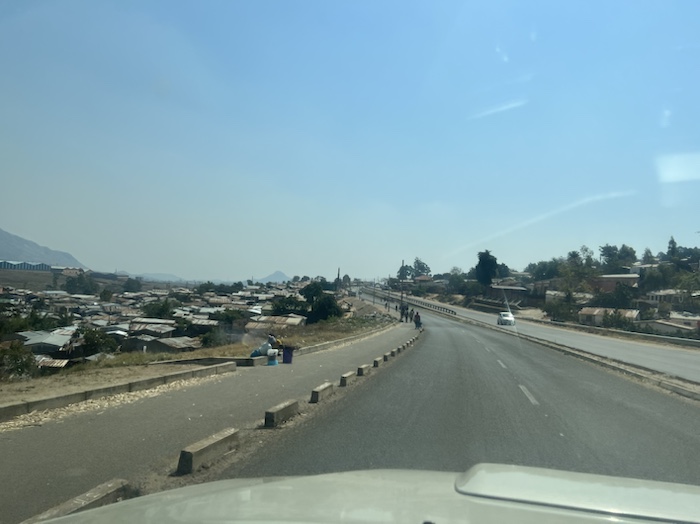









In the Mayaka area of the Zomba region of Malawi the land is pretty flat with a few hills and mountains off in the distance. Much of the area is filled with fertile soil good for growing cassava, maize, pigeon peas, tomatoes, sunflowers, and various other crops. The place is sparsely populated by trees and houses, and a few streams cross its dusty roads. The homes there are mostly basic structures constructed of locally made mud bricks with grass roofs. Some of the structures are in obvious disrepair either from regular long-term use or from the effects of Freddy. There are a few newer looking homes, some small church buildings, and some very well built mosques. Driving along the dusty roads and over some very questionable bridges, I could see soil prepared for planting, pigeon peas previously harvested but with small colorful flowers still clinging to the stems, the slender stems of the cassava plants, and the tall stocks of sorghum millet (as it is sometimes called) swaying slightly in a light breeze.
One of the tasks I had intended to accomplish in Blantyre was to visit the brethren in the Zomba region. Over the past few years I have heard about their growth in numbers and the faithfulness of the handful of baptized members and even being far away from their brethren in Blantyre. There are about 30 people who meet regularly on the Sabbath at the home of Mandala Namatapanya. They listen to recorded sermons from Blantyre that are given in a mixture of Chichewa and English. Mr. Namatapanya will fill in the gaps of understanding for those who don’t understand English very well. He also helps give Bible studies there a few times a month. While he was still alive, Mr. Ken Maere, a deacon in the Blantyre congregation who unfortunately died late last year, would give Bible studies to the congregation in Mayaka. Twice a month he would travel there accompanied by Daniel Ringo from the congregation, providing further spiritual support to the brethren there.





Like most places around the globe, the Church of God in Malawi has seen periods of confusion, disunity, and apostasy. When the first-subtle changes began to be more evident in most places towards the eventual end of the Worldwide Church of God in 1995, the changes were first hidden by some in Malawi. When they began to see the attempts to change core doctrines and people forced to follow those changes, some faithful brethren and leaders in the congregations tried to hold things together and fight for the truth. Eventually many left that organization and joined the newly formed United Church of God so they could continue worshiping God with brethren of like mind in the truth. There is still one congregation that even goes by the name “Worldwide Church of God” in the Mayaka area. At one point they were still meeting on the Sabbath, but were offered money after Freddy for repairs to their home if they would agree to quit keeping the Sabbath and instead worship on Sundays. Many took the funds.


As the rains fell and began to over-saturate the soil in the flat areas surrounding Mayaka, the floors of homes began to be uprooted. In many places the walls of houses of all sizes collapsed as the foundations were shifted and water continued to rise up from the ground. Outdoor bathrooms/shower houses were washed away and pit latrines collapsed inward. Fields of maize nearly ready to harvest were washed away in many places. Thankfully the lives of the brethren in Mayaka were spared. Most were able to stay with nearby relatives if their houses were damaged or destroyed.
The Good Works and LifeNets programs were able to raise funds to provide for the rebuilding of the homes and other structures of the brethren in the area. The funds come completely from donations mostly from caring brethren from around the world. Slight upgrades were made to the designs with the hope of helping prevent foundations from being upheaved by water, pit latrines from collapsing, walls from being washed away, and roofs being blown apart. You can still donate to this project through Good Works here.
A secondary reason to visit Mayaka is to see the work that is being done there. Daniel Ringo, who helps manage LifeNets projects in Blantyre, has been traveling to Mayaka along some very dusty and sometimes questionable roads a couple times a week, bringing supplies that aren’t available locally and supervising the work being done. He and Gracious took us around to meet the brethren and see the situation on the ground.


Stop #1












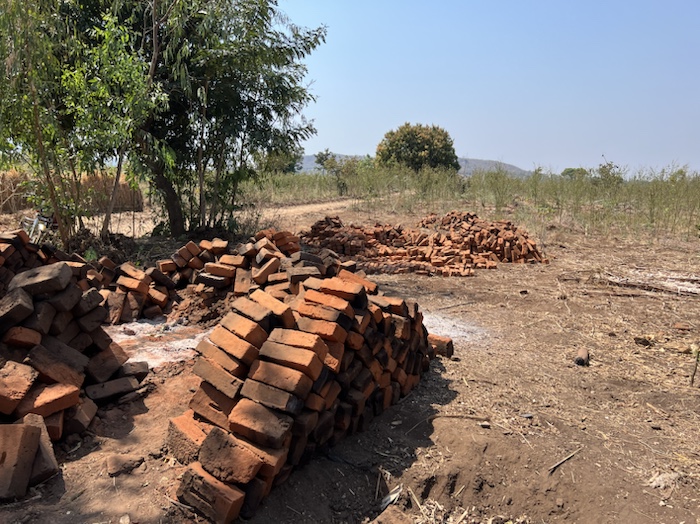




There was one bridge over a very small waterway which seemed especially narrow and potentially structurally questionable. Both pickups crossed over very cautiously.

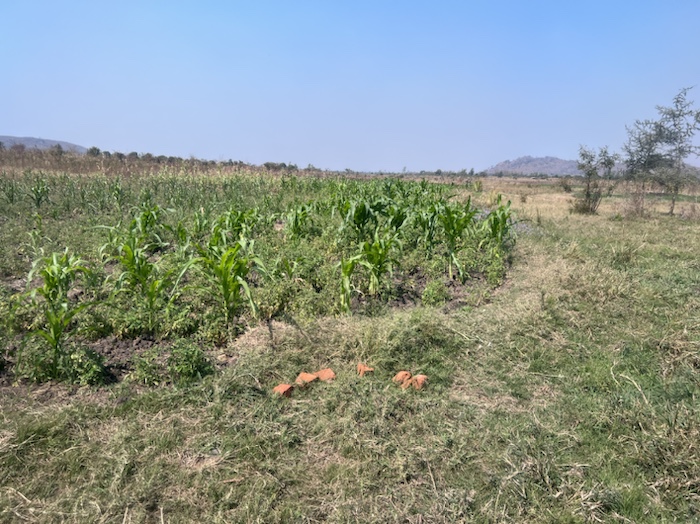

Stop #2




Stop #3






Stop #4


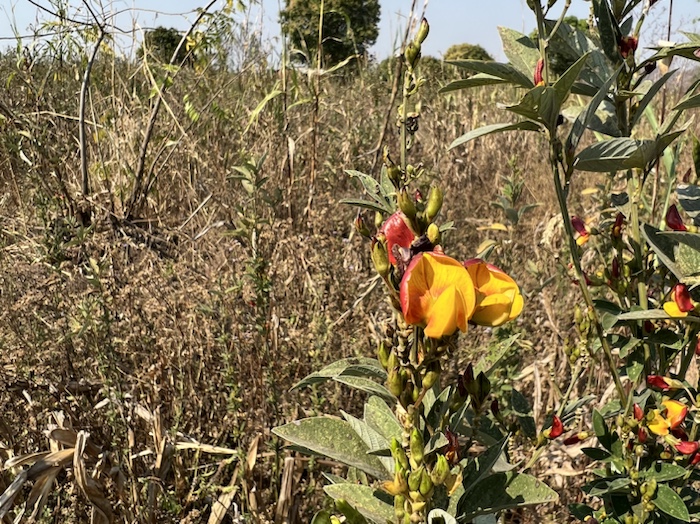












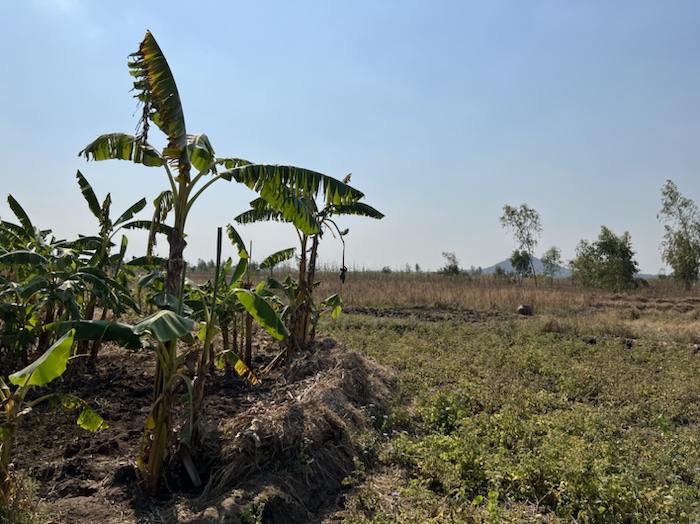

Another bridge of sorts that might actually act as a spillway during the rainy season. This one was well paved and very easy to navigate.



Stop #5










One of the deaconesses from the Lilongwe congregation, Ruth Elia, is a school teacher. Each year students at various levels of education take national exams. If they pass the exams they can move on to higher levels of education. All of the exams are graded at once in one location by a team of teachers selected from applicants from across the country. Teachers who are selected make some extra money marking/grading these national exams. Ruth has done this for at least several years in a row now, and was selected again this year for the important task. In the past, over the course of several weeks, the teachers would start at 3am and grade until 9pm. Each teacher would grade whole exams in a particular subject one after another. This year the teachers worked in teams on a particular subject, each grading only one question over and over again. They also only had to work from 5am until 9pm most days! The exams are marked in Zomba so Ruth was in the area. Since we didn’t get a chance to see her in Lilongwe, it was nice to catch up a little in Blantyre.





– Lewis VanAusdle
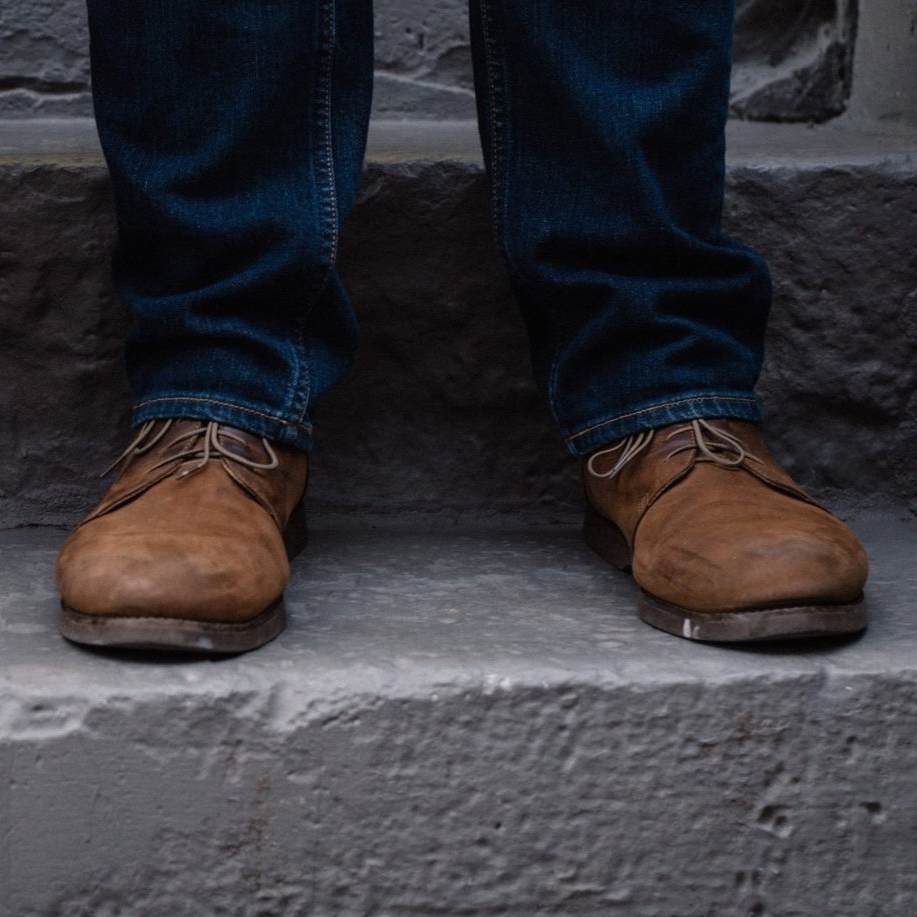
Leave a comment